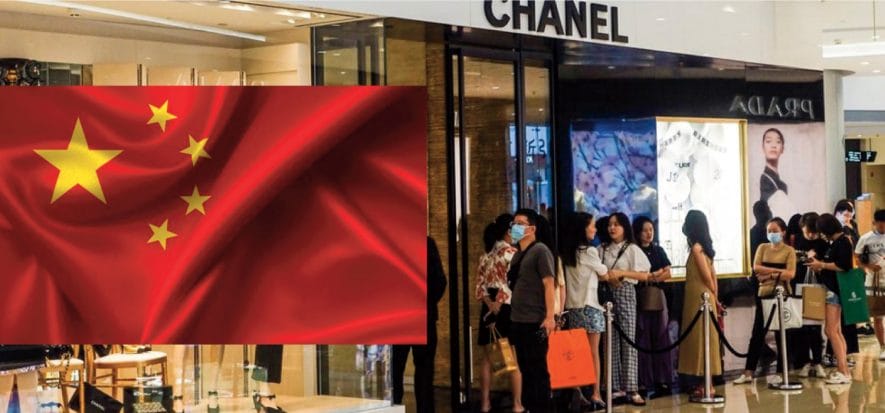Optimism, even at this time. It may be because of the growth of the online channel. It may be because of the push originating from Chinese consumers, as demonstrated by the recent Gloden Week. It may be because the markets are learning how to live with Covid-19 and the summer period was better than expected, as shown by LVMH’s income statement. The point is: there are Oriental scents for the luxury industry.
Oriental scents for the luxury segment
A survey conducted by French consulting firm MAD, which interviewed 57 managers of the luxury industry in September, seems to confirm it. Everybody seems to believe that 2020 was simply an “anomalous year that has limited consequences in the long-term”. In other words: only 3 out of every 10 managers believe that it will take longer than two years for the segment to recover. The rest believe that the 2019 revenue levels will be reached in 2021 or, at most, 2022.
3 drivers for (re)growth
The managers interviewed believe that the (re)growth will be primarily led by 3 drivers. First: the increased knowledge of final consumers (according to 62% of those interviewed). Second: China and local consumption (about 60%). Third: new distribution strategies (45%). “It’s foreseeable that there may be an acceleration of the investments in China – explains Thomas Mesmin, one of the authors, to Fashion Network – with the opening of dozens of stores. All while the detailed retail channels and European personnel will be significantly higher”. The investments will be directed to 5 places: E-commerce (according to 86% of those interviewed), digital communication (74%), CRM (61%), retail stores in China (57%) and customer experience (53%). 80% of managers have claimed to be well-equipped to manage a surge in demand in China.
Golden Week
This growth has found support during Golden Week. According to the China Commerce Department, 200 billion euro have been spent, between October 1st and 8th, on purchases, restaurants and hotels: +4.9% on 2019. Over 305 million people went into shopping malls and department stored, while at the same time digital transactions also grew. For example: +30% for WeChat Pay and +79,4% on Tmall Global. Among the goods most sought by consumers are beauty, perfumes, watched and jewelry, instead of shoes and handbags. Mr. Santiago Mazza, digital advisor at Retex (which operates in China and is the only European partner of Tancent / Wechat), explained to Il Sole 24 Ore that the consumption trend is that of purchasing European luxury brands (big brands, as well as niche ones) inside tax-free areas via Tmall Global or Wechat.
Read also:










